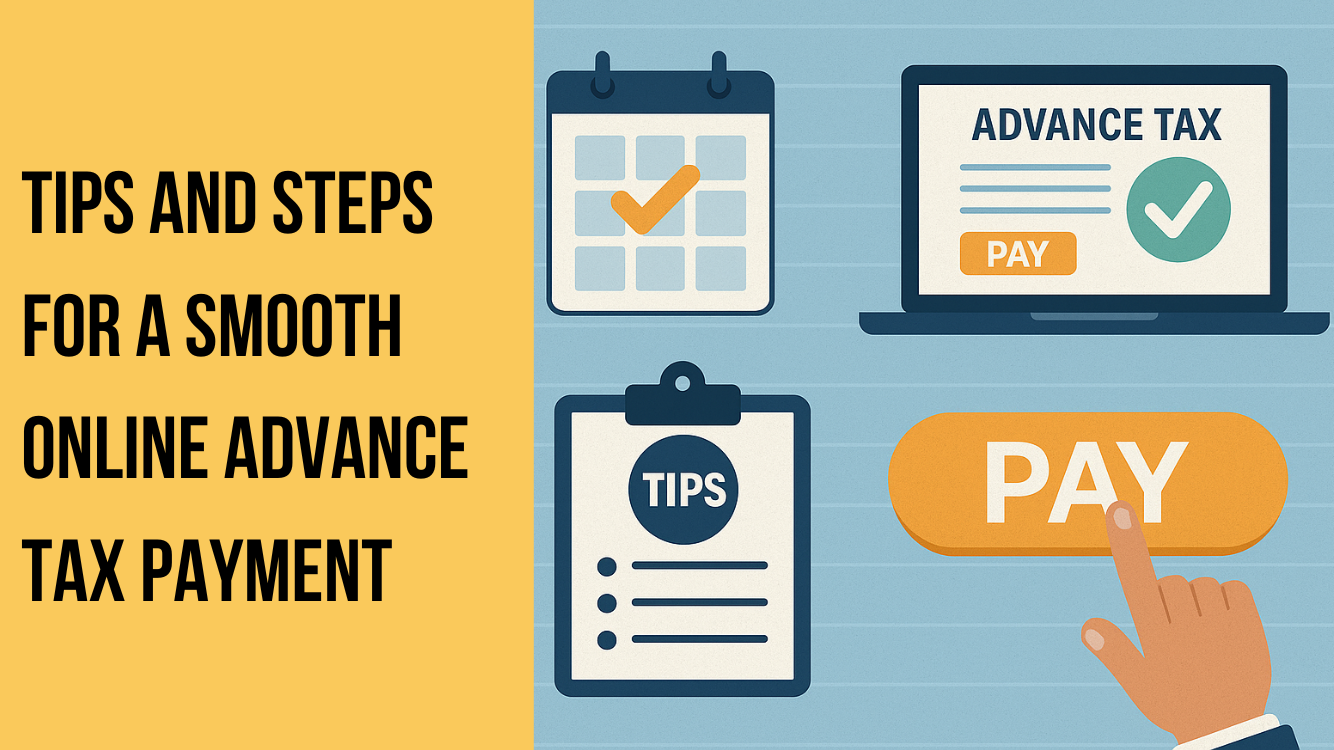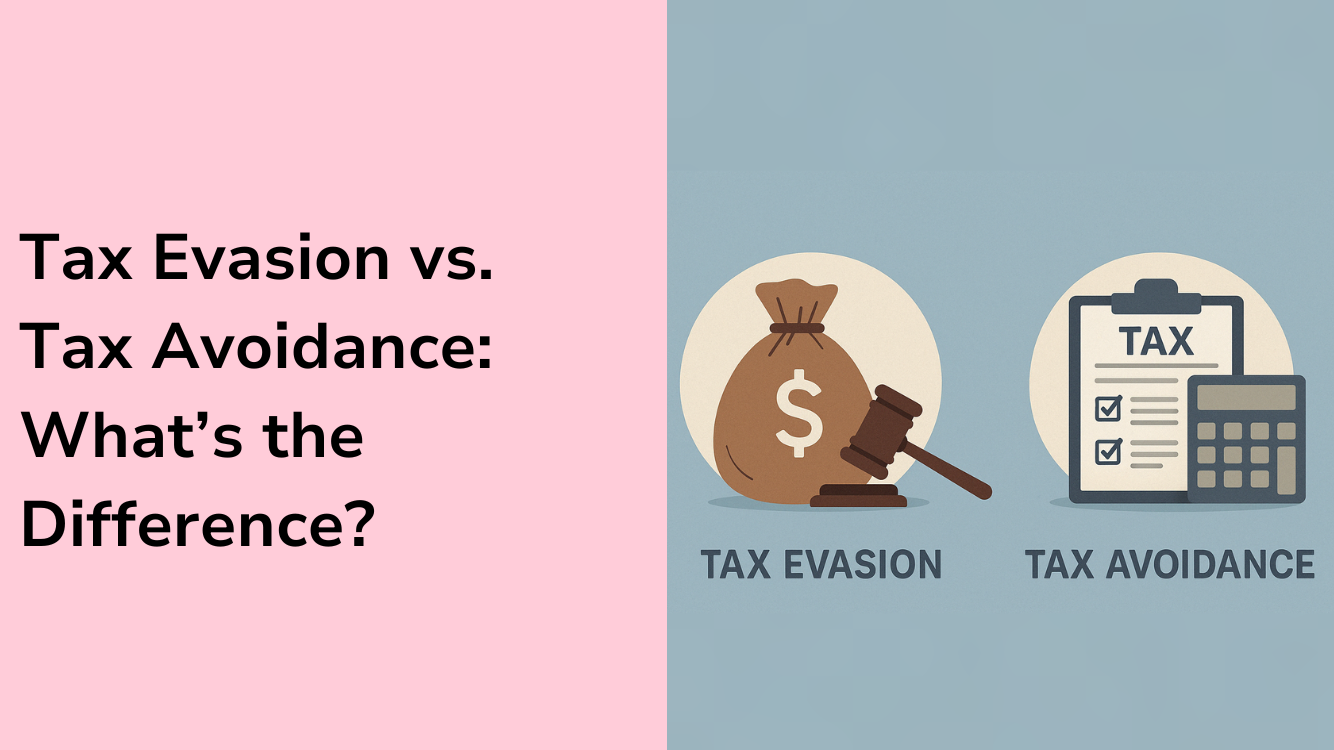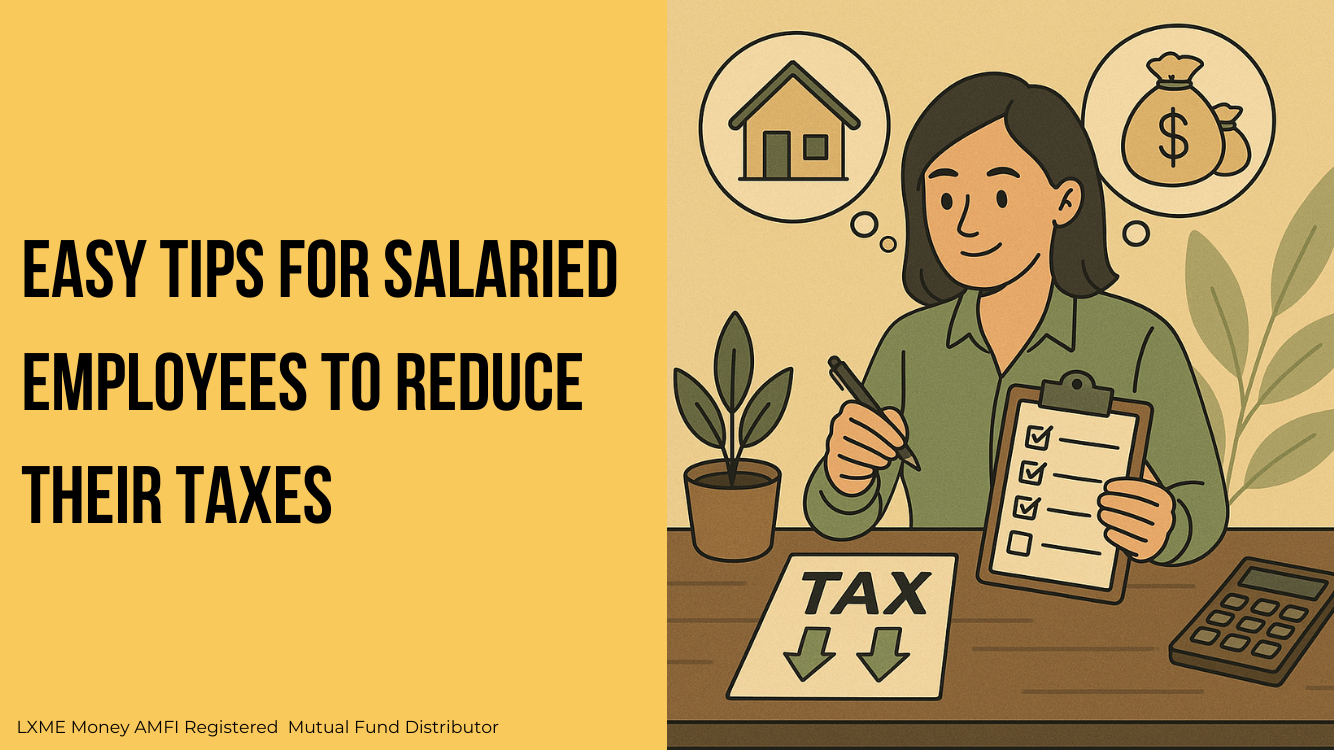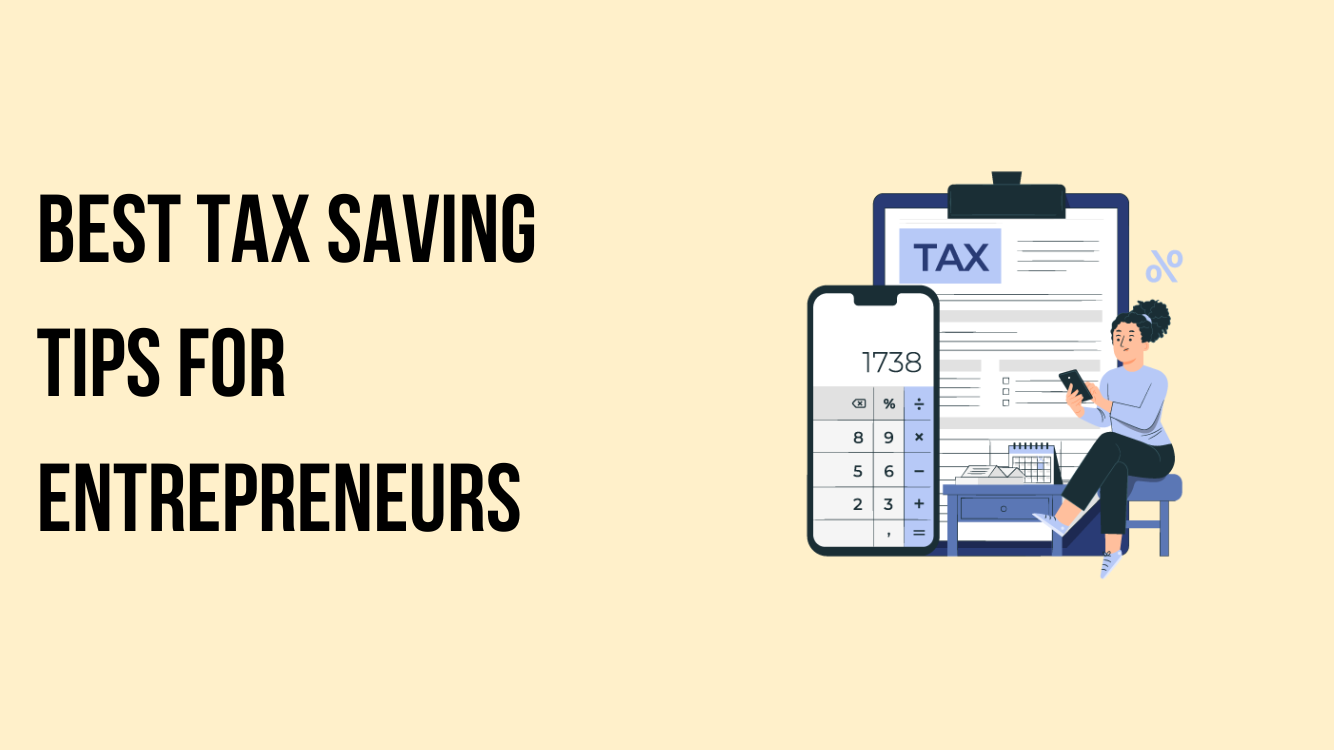Riya: Hey, Neha! I’ve been stressing over taxes. Running my own business is rewarding, but the taxes are overwhelming.
Neha: I totally get it, Riya! I’ve been there too. But guess what? I found some amazing tax-saving tips specifically for women entrepreneurs like us.
Riya: Really? That sounds exactly like what I need! Tell me more!
Neha: Check out this blog by Lxme.
Taxes can be scary, especially for women entrepreneurs who juggle multiple roles in their personal and professional lives. However, with the right knowledge and tax saving methods, you can save on taxes and ensure your business thrives. This blog will walk you through some of the best tax saving tips for entrepreneurs, making the process simpler and more manageable.
Now let’s have a look at a few tax saving tips for entrepreneurs:
1. Make Use of Deductions and Exemptions
As an entrepreneur, you are eligible for various deductions & exemptions like you get tax benefits on tax-saving investments, business loans, business-related expenses, etc. Ensure you claim all business-related expenses, such as office rent, travel expenses, utility bills, and even bills you incur by working from home for your business. Keeping detailed records will make this easier while filing your taxes.
2. Invest in Tax-Saving Instruments
Investing in tax-saving instruments like the Equity Linked Savings Scheme (ELSS), Public Provident Fund (PPF), National Savings Certificate (NSC), or tax-saving Fixed Deposits (FDs) where you can claim tax deduction under section 80C up to the limit of ₹1.5 Lakh which can help reduce your taxable income. These investments not only offer tax benefits but also ensure your money grows over time.
You can check out Lxme’s Tax Saving Fund which further invests in expert-curated Equity Linked Savings Scheme (ELSS) which is well-researched and diversified. Please note: all these tax deductions are available under the old tax regime.
3. Depreciation on Assets
If you’ve invested in any assets like equipment, machinery, or vehicles for your business, you can claim depreciation on these assets. This allows you to spread the cost over several years, decreasing your taxable liability each year.
4. Charitable Donations
Donations to registered charitable organizations can be claimed as deductions under Section 80G under the Income Tax Act. This allows you to contribute to welfare causes you believe in while reducing your tax liability.
5. Work From Home Deduction
If you operate your business from home, you can claim a portion of your home expenses as business deductions which includes rent, wifi bills, electricity bills, and maintenance costs.
6. Claiming tax benefit on interest on business loans
If you’ve taken a loan for business purposes, the interest paid on the same loan is deductible under the Income Tax Act. This includes loans for equipment, expansion of business, or working capital.
7. Health Insurance
Premiums paid for health insurance policies for yourself, your spouse, and your children are eligible for tax deductions under Section 80D of the Income Tax Act up to ₹25,000 per financial year on medical insurance premiums for non-senior citizens and ₹50,000 for senior citizens. This is a double benefit as it provides financial security and reduces your taxable income.
Managing taxes as a woman entrepreneur can seem challenging, but with these tax saving tips, you can reduce your tax burden. By making informed decisions, you can ensure that your hard-earned money is put to the best use of tax saving options for both your business and personal growth. So, take control of your finances today and make the most of these tax-saving opportunities!
Share this blog with your family and friends if you find it insightful!!
Download the Lxme app for more such content!












